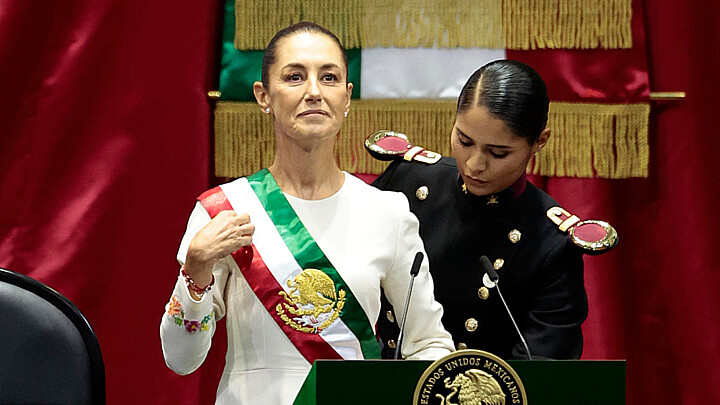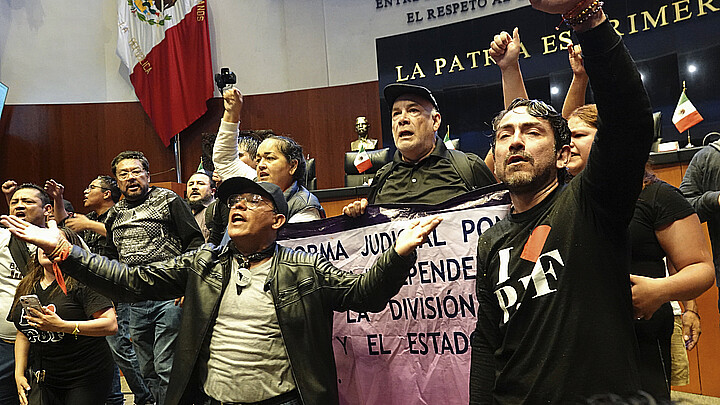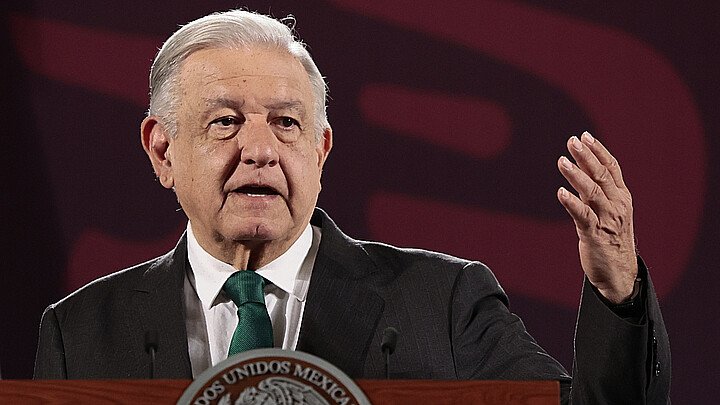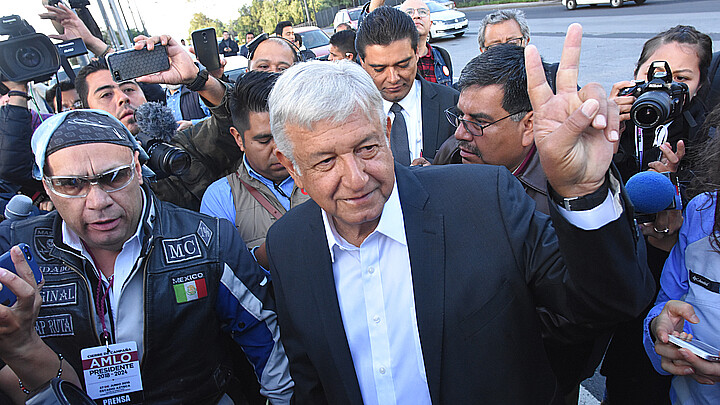Politics
Mexico breaks off relations with Ecuador following the raid on its embassy in Quito
The events leading to this rupture began when Ecuadorian authorities forcibly entered the embassy in the capital, Quito, aiming to detain ormer Ecuadorian Vice President Jorge Glas
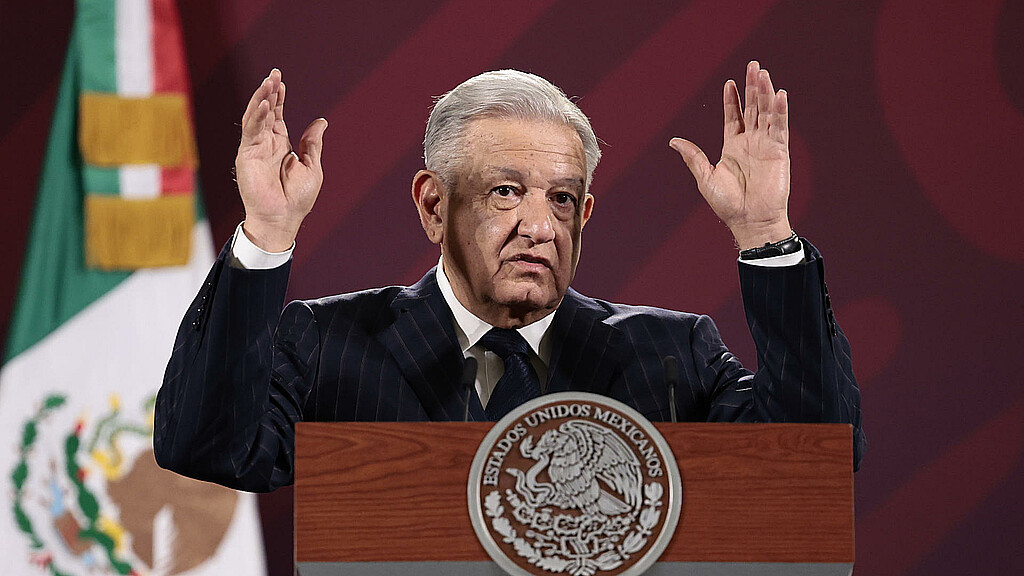
April 8, 2024 1:59pm
Updated: April 8, 2024 2:11pm
The Mexican government has decided to end its diplomatic relations with Ecuador after Ecuadorian police stormed the Mexican Embassy last Friday night to arrest former Ecuadorian Vice President Jorge Glas.
The events leading to this rupture began when Ecuadorian authorities forcibly entered the embassy in the capital, Quito, aiming to detain Glas, who had been residing in the embassy since December. Glas had sought political asylum in the embassy after being accused of corruption charges.
Glas, who served as vice president during Rafael Correa's administration from 2013 to 2017, has been convicted twice in corruption cases and is currently facing new charges related to the misuse of public resources following a powerful earthquake in 2016 that left hundreds dead. Initially, he was sentenced to six years in late 2017 after a court found him guilty of accepting bribes from the Brazilian construction company Odebrecht in exchange for awarding the scandal-ridden firm state contracts.
Ecuador, which sought Mexico's authorization to enter the embassy at the beginning of March to apprehend Glas, argues that the asylum offer was unlawful. According to international law, individuals facing charges should not be granted asylum.
The incursion prompted a swift response from Mexican President Andrés Manuel López Obrador, who announced the diplomatic break with Ecuador on Friday night. Meanwhile, Mexico's foreign relations secretary stated they will challenge this action before the World Court in The Hague.
"This is not possible. It cannot be. This is madness," said Roberto Canseco, head of the Mexican consular section in Quito, to the local press after the raid. "I am very concerned because they could kill him. There is no basis for doing this. This is totally out of the ordinary."
On Saturday, Glas was transported in an armored vehicle from the prosecutor's office to an airport, where he boarded an aircraft bound for the port city of Guayaquil, 265 miles south of Quito.
Ecuador's correctional agency announced that Glas will remain in custody at a maximum-security facility in Guayaquil.
Ecuador's president defended the decision, stating in a release: "Ecuador is a sovereign nation and we will not allow any criminal to remain at large." López Obrador responded by calling Glas's detention an "authoritarian act" and "a flagrant violation of international law and Mexico's sovereignty."
Alicia Bárcena, Mexico's foreign relations secretary, reported on social media platform X that several diplomats were injured during the raid, adding that this violated the Vienna Convention on Diplomatic Relations.
Diplomatic premises are considered "inviolable" under the Vienna treaties and local law, and law enforcement agencies cannot enter without the ambassador's permission. People seeking asylum have lived in embassies around the world for days or even years, as in the case of the Ecuadorian embassy in London, which housed WikiLeaks founder Julian Assange for seven years because British police could not enter to arrest him.
The decision by Ecuadorian authorities was condemned by presidents, diplomats, and a regional organization on Saturday.
Honduran President Xiomara Castro characterized the raid as "an intolerable act for the international community" and "a violation of the sovereignty of the Mexican state and international law" because "it ignores the historical and fundamental right to asylum."
The Organization of American States reminded its members, which include Ecuador and Mexico, in a statement of their "obligation" not to "invoke norms of domestic law to justify non-compliance with their international obligations."
Amid these escalating tensions between Mexico and Ecuador, the Mexican Embassy in Quito remained under heavy police guard after the raid.

